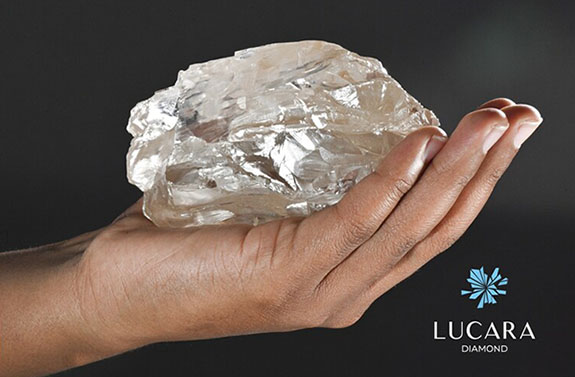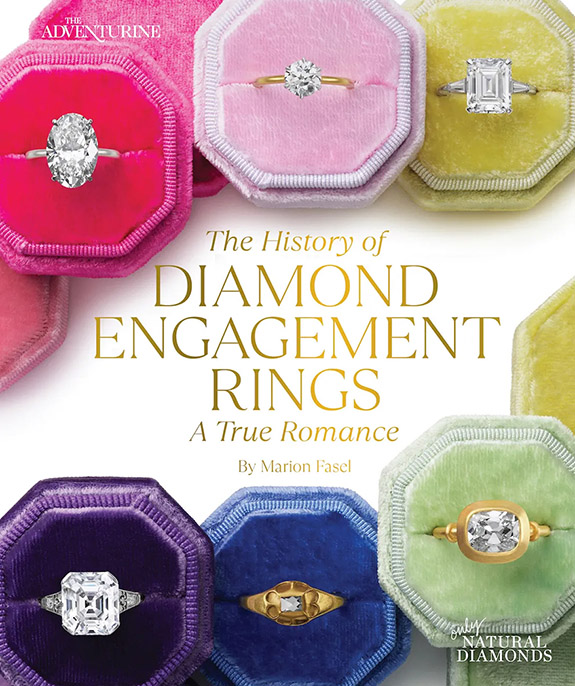One of four surviving pairs of Ruby Slippers worn by Judy Garland in 1939’s The Wizard of Oz just sold at Heritage Auctions for $32.5 million, establishing a new record for the most valuable movie memorabilia ever sold at auction and decimating the previous record holder — the billowing white dress worn by Marilyn Monroe over a subway grate in 1955’s The Seven Year Itch — by nearly $27 million.
Saturday’s live bidding opened at $1.55 million, and for about 15 minutes bidders in attendance battled with those making offers over the phone. The price quickly ticked up in increments of $1 million until the slippers hit their final price of $28 million and the auction room erupted with applause. With the buyer’s premium included, the total price was $32.5 million, nearly 10 times the pre-auction estimate. The buyer has chosen to remain anonymous.
This is a fitting final chapter to the story of “The Traveling Shoes,” the name given to this particular pair because they were frequently on the road at exhibitions.
Michael Shaw, a collector and former child actor, had acquired the slippers from Kent Warner, a Hollywood costumer, who discovered them in an MGM warehouse shortly before the famous May 1970 auction that liquidated costumes and props from Hollywood’s Golden Age.
Shaw told The Los Angeles Times in 1988 that when Warner brought him the ruby slippers, “I was so thrilled I literally started crying… I told him that if I never owned another possession, I’d be happy.”
In 2005, the Judy Garland Museum in Grand Rapids, MN, borrowed Shaw’s Ruby Slippers for its annual Judy Garland Festival. It was scheduled as a 10-week exhibition, but on August 28, 2005, someone slipped into the museum after hours, shattered the plexiglass case holding the slippers and stole them, leaving behind only a single red sequin.
“It’s the worst nightmare for me,” Shaw said at the time.
In July 2018, after Shaw feared the slippers had disappeared forever, the FBI and Grand Rapids Police Department recovered the pair during a sting operation.
Earlier this year, Shaw was finally reunited with his treasured Hollywood memorabilia.
“It’s like welcoming back an old friend I haven’t seen in years,” said a teary-eyed Shaw as he stood beside a display of the slippers, along with the federal agents and local authorities who spent almost two decades tracking down the Technicolor treasures.
In May 2023, a federal grand jury had indicted Terry Martin for stealing “an object of cultural heritage” from the museum. Five months later, Martin pleaded guilty. Shortly before sentencing, Martin told the court he’d stolen the shoes because he thought the sequins were genuine rubies.
Unable to sell them on the black market, Martin said he ditched the slippers with someone who had recruited him for the job.
“There is simply no comparison between Judy Garland’s Ruby Slippers and any other piece of Hollywood memorabilia,” said Heritage Auctions’ Executive Vice President Maddalena. “The breathtaking result reflects just how important movies and movie memorabilia are to our culture and to collectors. It’s been a privilege for all of us at Heritage to be a part of the slippers’ epic journey over the rainbow and off to a new home.”
Gilbert Adrian, the chief costume designer at Metro-Goldwyn-Mayer, created the ruby slippers for Victor Fleming’s big-screen adaptation of L. Frank Baum’s children’s novel. (The magical slippers were silver in the book, but Adrian reinterpreted them as ruby because this was to be the first feature film shot in Technicolor).
Adrian had intended to use bugle beads to simulate rubies, but when they proved to be too heavy he swapped most of them for sequins, 2,300 on each slipper. The butterfly-shaped bow on the front of each shoe features red bugle beads outlined in red glass rhinestones in silver settings.
Only four pairs of Ruby Slippers are known to have survived. One pair remains among the most popular attractions at the Smithsonian’s National Museum of American History in Washington, DC.
Credits: Photos courtesy of Heritage Auctions / HA.com.






